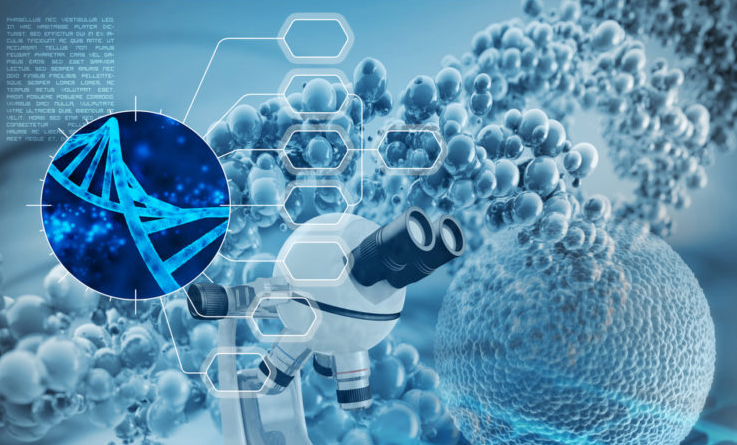In this article, I’ve given you the low down on what nanotechnology is and why it’s so important in today’s society. It will provide you with a better understanding of where nanotechnology is going and answer some questions about some of the current applications of nanotechnology.
What is Nanotechnology?
Nanotechnology is a branch of engineering that deals with the manipulation and control of matter on an atomic and molecular scale. This field of study has the potential to revolutionize many aspects of our everyday lives, from energy production to healthcare. Here are five ways nanotechnology could change the way we think about everything.
- Nanotechnology Could Revolutionize Energy Production
Nanotechnology has the potential to revolutionize energy production, from solar and wind power to fuel cells. By manipulating materials at a nanoscale level, engineers can create devices that can absorb and convert more energy than traditional technologies. This could lead to cleaner and more sustainable sources of energy, and help address climate change issues.
- Nanotechnology Could Revolutionize Healthcare
Nanotechnology has the potential to improve healthcare by allowing doctors to target specific areas of patients’ bodies with fewer side effects. For example, doctors could use nanotechnology to treat cancer by destroying tumors from the inside out rather than removing them entirely. Additionally, nanotechnology could be used to repair damage done by diseases or injuries.
- Nanotechnology Could Revolutionize Manufacturing
Nanotechnology has the potential to revolutionize manufacturing by making it easier and faster to create unique products . For example, a nanotechnology-enabled car could deliver the same acceleration with less weight, saving billions of dollars. It could also allow manufacturers to create stronger and more resilient materials that would not collapse under pressure or shatter.
- Nanotechnology Could Revolutionize Space Travel
Nanotechnology has the potential to revolutionize space travel by allowing humans to explore other planets. NASA’s Mars Observer spacecraft was powered by nanotechnology-enabled solar cells and was launched in 1992; however, it failed to reach its destination because of a deadline extension granted by Congress.
- Nanotechnology Has Potentially Devastating Consequences
Nanotechnology could have devastating consequences if implemented incorrectly or carelessly. For example, nanobots could destroy entire nations at the push of a button. Conventional weaponry is already enormously destructive, but the nanobots could exponentially increase the death toll.
Why is Nanotechnology Important?
Nanotechnology is important because it can change the way we think about everything. nanotechnology can help to create new materials and devices, and it has the potential to revolutionize a variety of industries. For example, nanotechnology could help to improve the performance of batteries, create new medical treatments, and create more efficient solar cells.
Possible Future Uses of Nanotechnology
Nanotechnology is a new field of technology that is revolutionizing the way we think about everything from manufacturing to healthcare. Some of the possible future uses of nanotechnology include:
- Creating vaccines and treatments using nanotechnology that are tailored to specific individuals
- Improving the efficiency and accuracy of medical procedures
- Creating sensors and devices that can detect and diagnose diseases more accurately
- Reducing the size and weight of electronic devices
- Making cars, buildings, and other infrastructure more energy efficient
- Developing intelligent software that can learn on its own -Improving the quality of products and services-Creating new materials (including wood, leather, paper and fabric) that are stronger and lighter than traditional ones
- Creating new products like consumer electronics with no moving parts.
- Nanotechnology could also create a number of areas where it is currently impossible to do research.
- Research is currently being conducted into using nanotechnology for medical purposes, such as creating artificial blood vessels for use in organ transplantation.
Conclusion
In this article, we explored the potential of nanotechnology and how it could change the way we think about everything from food to clothing. We looked at what nanotechnology is, what it can do, and some of the challenges that remain before it can be widely adopted in society.
However, as we saw in this article, one small step towards realizing these benefits is already paving the way for a more sustainable future. So whether you are interested in nanotechnology for its own sake or see its potential to improve our everyday lives, I hope you have found this article interesting and informative.








